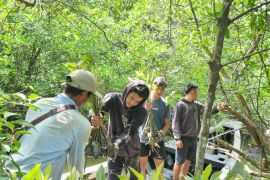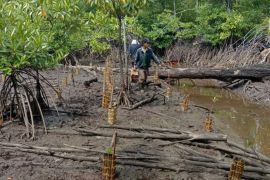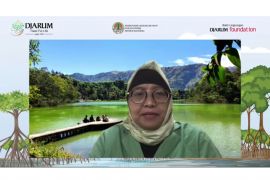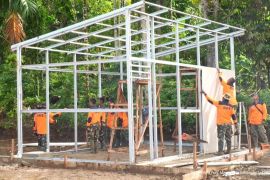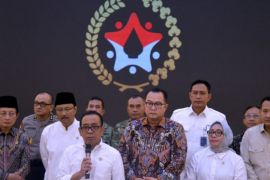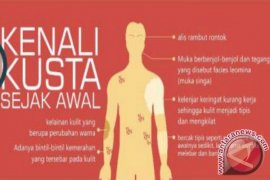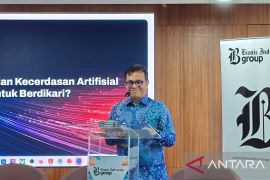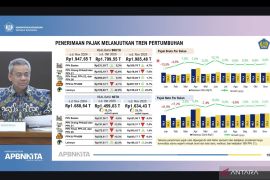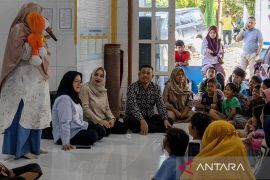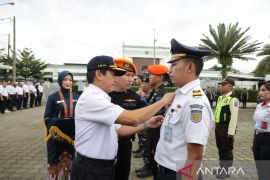The workshop was sponsored by the U.S. Agency for International Development (USAID) with the Ministry of Forestry (FORDA), SEKALA, the U.S. Forest Service, and CIFOR (Center for International Forestry Research), and advanced the objectives of the U.S.-Indonesia Comprehensive Partnership.
The Partnership is working to promote prosperity, sustain the environment, strengthen democracy, enhance understanding, and ensure security for Americans and Indonesians.
Almost 100 leading international scientists, managers, and policy makers representing 16 nations met and shared their respective "lessons learned" to implement climate change adaptation and mitigation strategies in the wetlands of Indonesia.
CIFOR Principal Scientist Daniel Murdiyarso explained that, "There is a lack of awareness of the full implications of peatland and mangrove loss for humankind. There is an urgent need for governments to acknowledge their importance and develop policies to ensure their protection."
Indonesia has more tropical peatland and mangrove forests than any other nation on earth. These wetlands have undergone extensive land-use and land-cover change in the past 15 years, which increases the vulnerability of wetlands and communities to climate change and is of significant global concern.
Indonesia is losing wetlands at a rate of more than 100,000 hectares per year. "Indonesia`s wetlands play a very significant role as a safeguard on local socio-economic conditions as well as on the global environment because of its large area," said Dr. Kirsfianti Ginoga, Ministry of Forestry`s Research and Development Director for Climate Change.
The United States and Indonesia are committed to raising awareness of the importance of tropical wetlands in the global, national, and local adaptation agendas.
Mitigation procedures that help ecosystem`s resistance and resilience to Climate Change (e.g. Reduced Emissions from Degradation and Deforestation REDD+) are the recommended adaptation strategies.
These strategies are designed to influence the development agenda and enhance the benefits for communities that are most vulnerable to climate change. (*)
Editor: Aditia Maruli Radja
Copyright © ANTARA 2011
